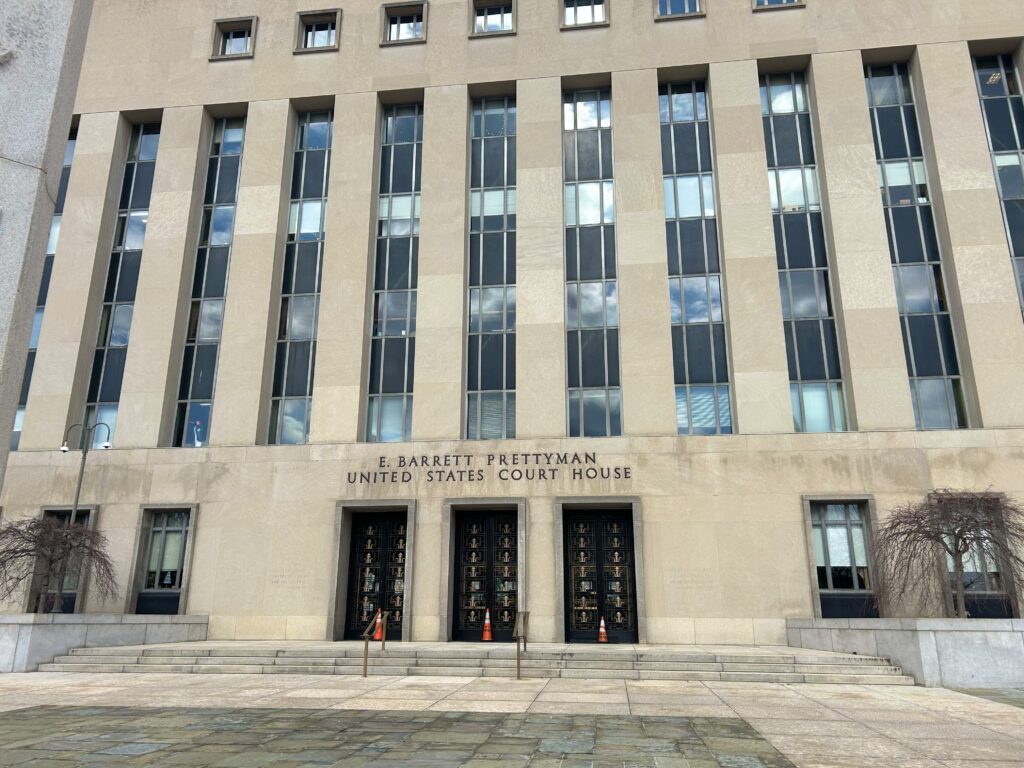Federal Judge Says Trump Exceeded Authority in Firing Head of Watchdog Agency

A federal judge said President Donald Trump exceeded his authority last month by firing the head of the Office of Special Counsel (OSC), a key federal whistleblower agency.
Washington D.C. District Court Judge Amy Berman Jackson Saturday ordered Trump administration officials to recognize Hampton Dellinger as the head of OSC.
Jackson’s ruling is a powerful check on Trump’s broad assertions that he has unprecedented power to remove and replace federal officials and impose his will on every decision in every agency — including regulatory agencies that were designed to operate without direct White House control.
It’s also a win for federal workers who have been included in mass firings, as Dellinger’s office in recent days successfully reversed some dismissals at least through early April.
The government appealed the case to the D.C. Court of Appeals shortly after the judge issued her order.
In ruling in Dellinger’s favor, the judge cited Humphrey’s Executor v. U.S., the 1935 Supreme Court case that prevented presidents from dismissing members of independent regulatory bodies.
“In sum, it would be antithetical to the very existence of this particular government agency and position to vindicate the President’s Article II power as it was described in Humphrey’s Executor: a constitutional license to bully officials in the executive branch into doing his will,” the judge wrote.
The Trump administration fired Dellinger Feb. 7 through a one-sentence email that stated no reason for his dismissal. “On behalf of President Donald J. Trump, I am writing to inform you that your position as Special Counsel of the US Office of Special Counsel is terminated, effective immediately,” the email read.
After the attempted dismissal, Dellinger sued, claiming that the administration broke the 1978 law that created his position, which prevents the president from removing the special counsel for reasons other than inefficiency, neglect of duty, or malfeasance.
The Trump administration argued that that portion of the law is unconstitutional, asserting that the president should have the authority to fire Dellinger without reason.
Judge Jackson disagreed, stating that there “is no genuine dispute of fact that would preclude a finding that plaintiff’s removal was contrary” to federal law.
“The Court finds that the statute is not unconstitutional,” she wrote “And it finds that the elimination of the restrictions on plaintiff’s removal would be fatal to the defining and essential feature of the Office of Special Counsel as it was conceived by Congress and signed into law by the President: its independence. The Court concludes that they must stand.”
Dellinger’s case is significant in part because it was the first to go before the Supreme Court from Trump’s litigious second term.
SCOTUS last month punted on the Trump administration’s challenge to Judge Jackson’s temporary restraining order that first halted Dellinger’s dismissal.